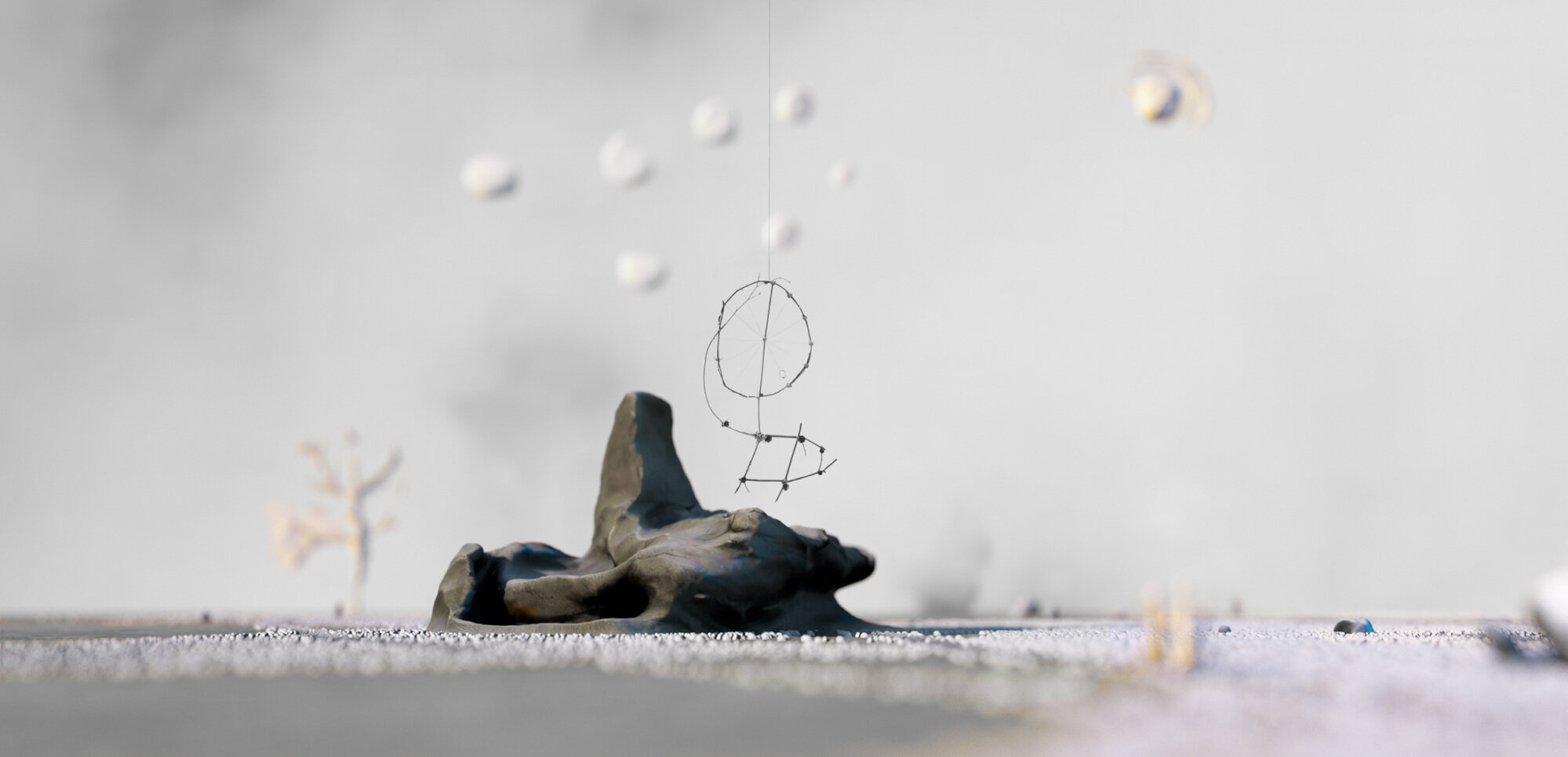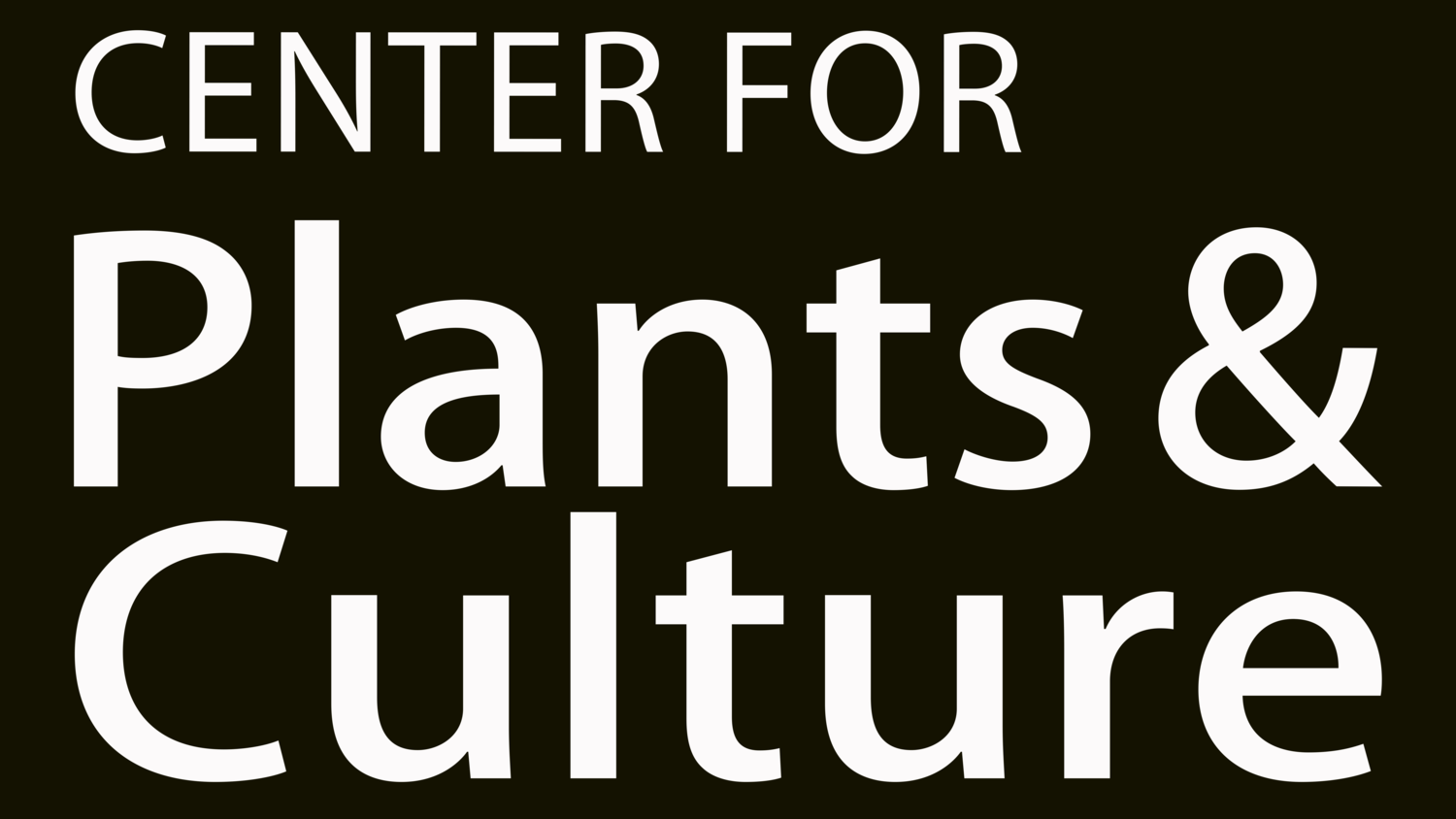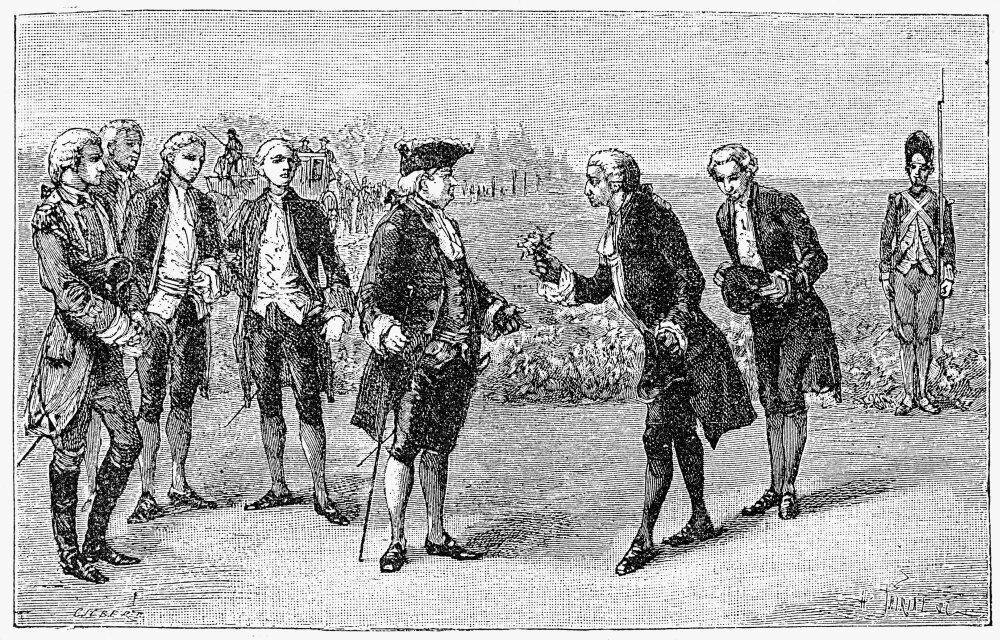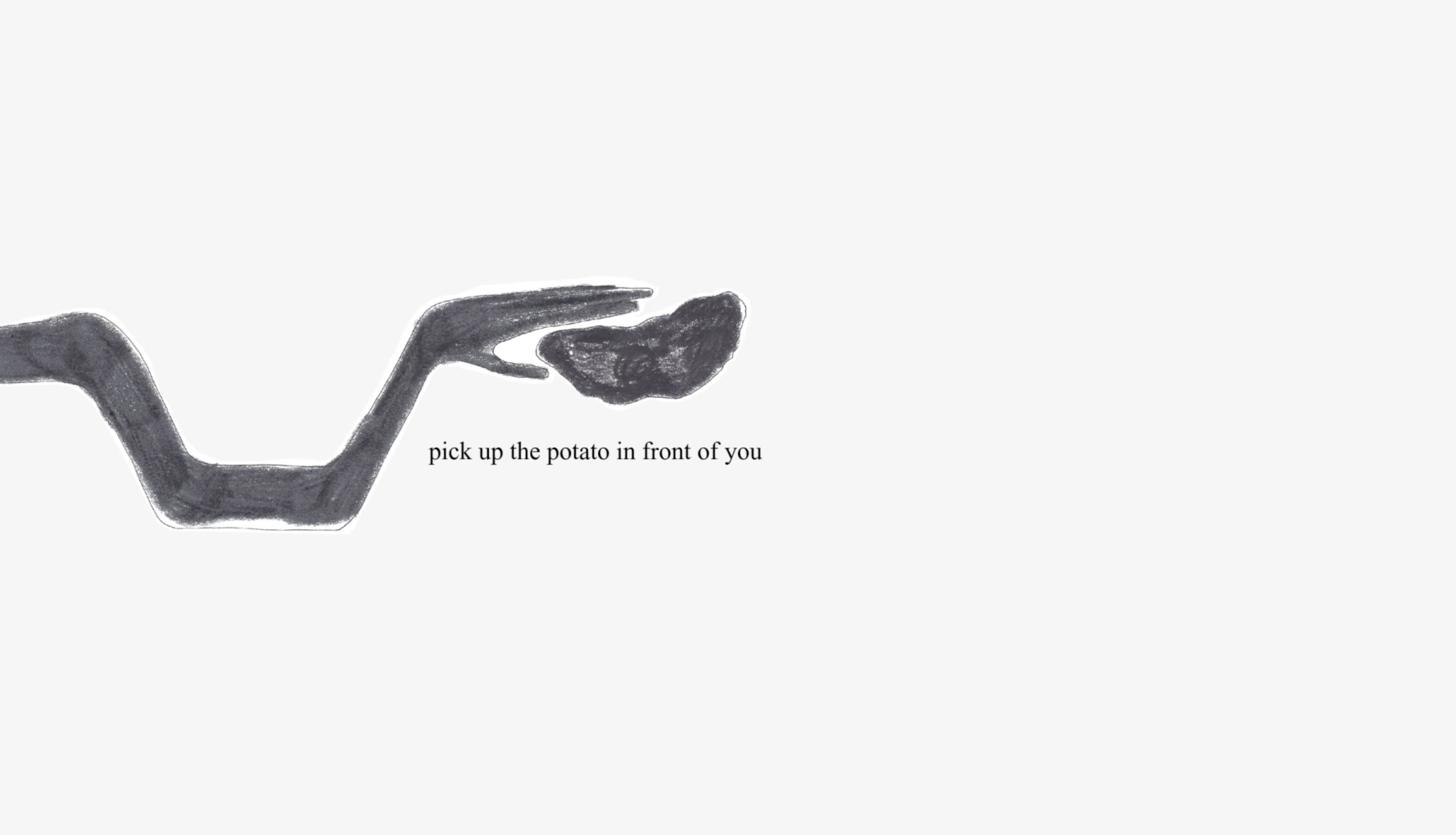
ARTWORK SPOTLIGHT:
Kinnomic Botany: Freeing the potato from its ‘scientific’ and colonial ties
We are thrilled to feature Kinnomic Botany, a video work by Iman Datoo! As an artist and storyteller, Iman reintroduces us to the humble potato. Imagined through the “eyes” of a tuber, Kinnomic Botany encourages us to experience the potato using our senses, while considering its history and complexity beyond human contact and the reductive, scientific classification method. With new and resurrected pathways, this project proposes a system of “knowing” that encompasses what’s long been ignored or lost about the potato. So, grab a starchy tuber and enjoy this journey beneath the soil…
Kinnomics: story of worlds relative to one another, rather than relative to the human.
Art and Words by Iman Datoo
“Let’s talk about seeds, potatoes and time, to learn about the histories and agencies of worlds beyond our own.”
-Iman Datoo

Kinnomic Botany is a space for centering our different and authentic ways of knowing the plant world. This space is seeded with my own embodied and evolving connections to the potato, but will grow through multiple-authorship and collaborations across dimensions, disciplines, and backgrounds. Rather than aspiring to truth-status, each map represents just one interaction in a multiplicitous, generative web of activity. We must seek these deeply personal accounts as authentic forms of knowledge too, celebrating their synergies and the multiple worlds they strive to represent.
LOSS IN ORIGINS
By definition, origin stories are supposed to describe how our reality came into existence, but they often tell us more about conquerors and the trail of the Anthropocene* than any sort of "true" beginning.
Following Europeans who granted themselves the privilege of "discovery," origin stories often revolve around an archetypal hero (always human), getting called out to an adventure in another land, and returning home with a reward.
As a species that crossed the Atlantic from Peru, the potato has become a symbol of this. Louis XVI even placed one in his button-hole, to encourage cultivation of this rain-loving tuber in the New World.
But in this journey, the significance of the potato plant as a whole was erased, as were the nuances of the knowledge systems surrounding it. The result, a spread of potatoes emerging from a narrow genetic bottleneck and a nomenclature to represent a new order over territories, borders, and non-human bodies.
*Anthropocene: the period of time during which human activities have had an environmental impact on the Earth.
Despite the thousands of Andean varieties of potato (pictured), we have reduced this to just 50 domestic varieties in Europe. Our domesticated language unable to ascertain the potato seed’s teachings of survival through variety and difference.

But now it is time to re(remember)
I am more than my tuber.
I am my seed,
my flower,
my fruits,
my roots.
MAKING A NAME
Yukon Gold or yellow-as-the-tired-belly-of-the-lizard?




